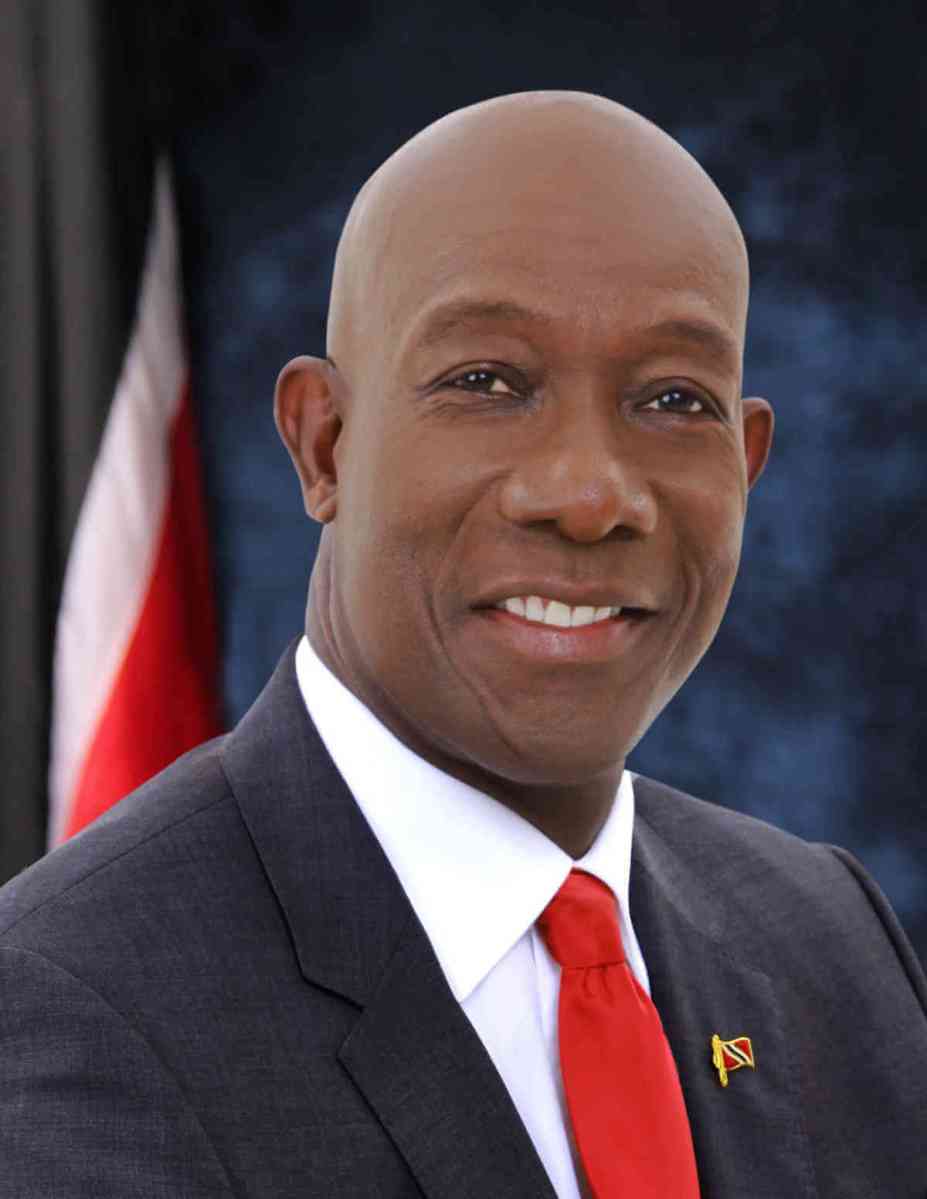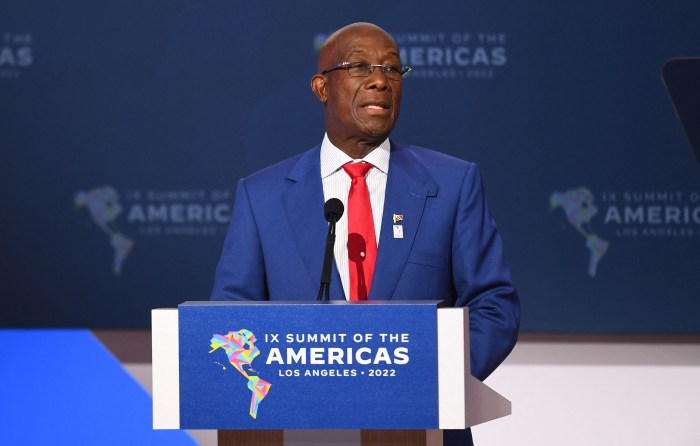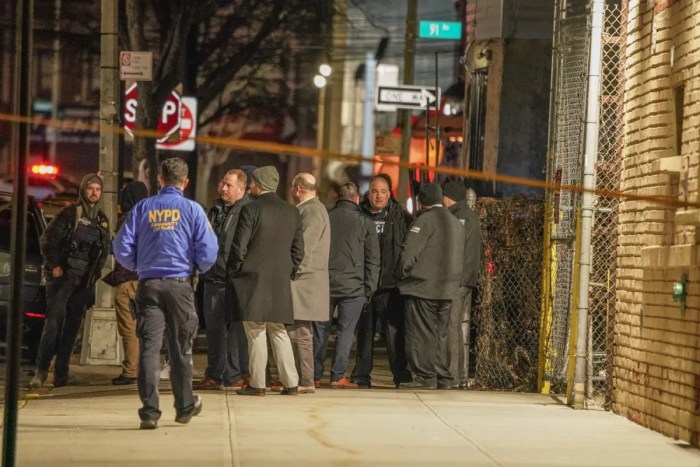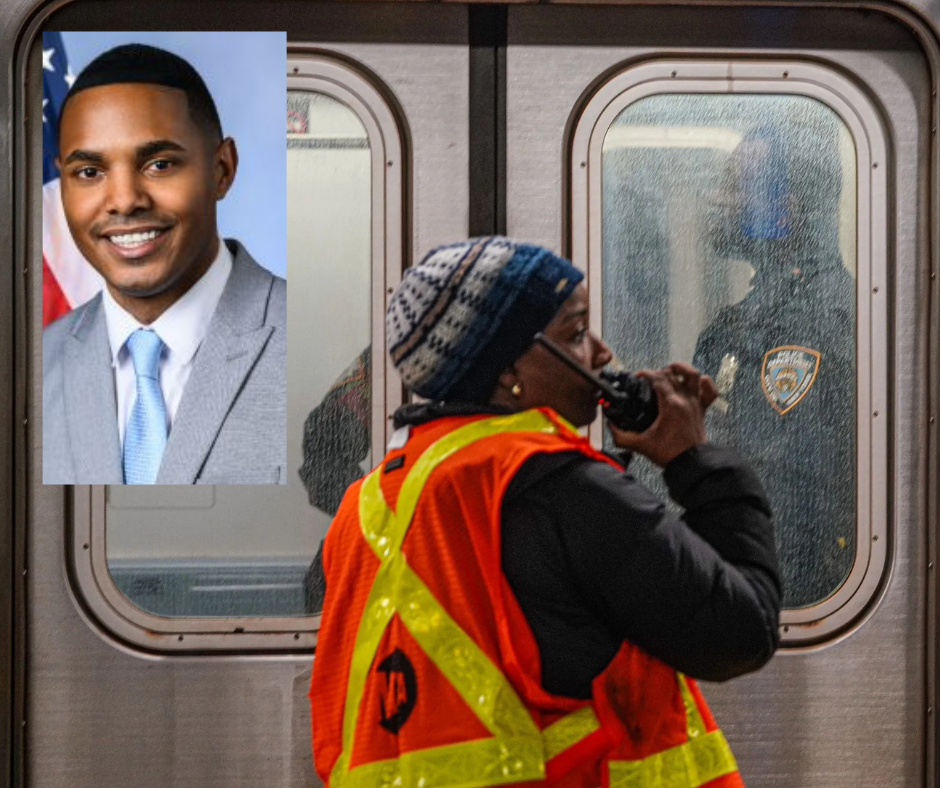As ISIS terror groups seek to regroup after losses to western coalition forces, authorities in a leading Caribbean Community member state are bracing for the imminent return of dozens of its nationals who had enlisted to fight in the Middle East in recent years. Security experts warn that officials better be ready to deal with them.
The administration of Prime Minister, Keith Rowley in Trinidad said it has been in talks with US counter terrorism experts as it prepares to reabsorb individuals, many of them currently living in refugee camps with wives and children and preparing to return to the Caribbean.
Estimates of the number of mostly males who left Trinidad to fight in Syria and other conflict zones range from 130 to more than 400 but officials are unsure how many survived day after day of air raids and attacks by western forces.
The issue came alive again in recent days after American Embassy Military Liaison Officer, Colonel Claudia Carrizales urged officials to be ready for the time when ex fighterss and families will return and seek to resettle in Trinidad.
“Within the next year or so, you will eventually have some hardened FTFs return to this country. Those are your citizens. They are your responsibility. Are you ready to deal with that kind of threat?” She spoke at an annual general meeting of the American Chamber Of Commerce on the island, pointing to Trinidad’s recent history with radical terrorist activity.
Trying to switch islanders on to the seriousness of the situation, the military officer said that those who had dismissed warnings about a terror attack against the 2018 carnival were mistaken as intelligence showed that the threat was real but was thwarted by mutual cooperation.
“If there is anyone in this room that does not believe that the carnival threat of 2018 was real, then you are hiding under a rock.” She argued that those from the 2018 plot were mere amateurs compared to the seasoned ex fighters who will return home in the coming months.
“You can see them as boy scouts. Yes, they had the radicalization mentality and they wanted to do bad things. But when you compare them to what is coming back those guys are boy scouts.” Luckily for Trinidad, she suggested, is the fact that there is no hardcore, charismatic leader around to rally the flock. If there was one, “then you have a problem.”
What has been missing in this country, in her opinion, Carrizales said “when it comes to terrorism and not anything happening here of great impact” was “that charismatic, hardcore, Muslim foreign fighter that comes back and can rally the rest of those. Then you have a problem.”
Minister of Security, Stuart Young says security forces will be ready to monitor and deal with any returning nationals.
In the meantime, the Concerned Muslims of Trinidad and Tobago (CMTT) criticized the American position and approach to returning nationals saying they ought to be welcome and accepted back home.
Spokesman Imtiaz Mohammed contended that such remarks could heighten stereotypes of Muslims, suggesting that such sentiments be toned down.
“CMTT appreciates very much the assistance of the USA in training our police and defense force officers in the fight against terrorism, but the USA must do so without instilling fear and causing disharmony among our population. Instead of making controversial statements publicly, CMTT is calling on the colonel to be more sensitive and truthful in her assessment of the threat to commit acts of terrorism by Muslims in Trinidad and Tobago.”
The island in the past has been forced to battle with radical Islam. In late July 1990, a group of 114 radicals attempted to overthrow the government, complaining that it had become insensitive to hardship, shortages of medicine and other essentials. Large parts of commercial Port of Spain were razed by fire, more than 25 people were killed including a member of parliament and places like the state television station and police headquarters were attacked. A court freed the group on a technicality but the incident has continued to haunt the island. Some Muslims are also suspected of being parts of gangs involved in gun crime. Nearly 260 people have been killed so far this year.





















